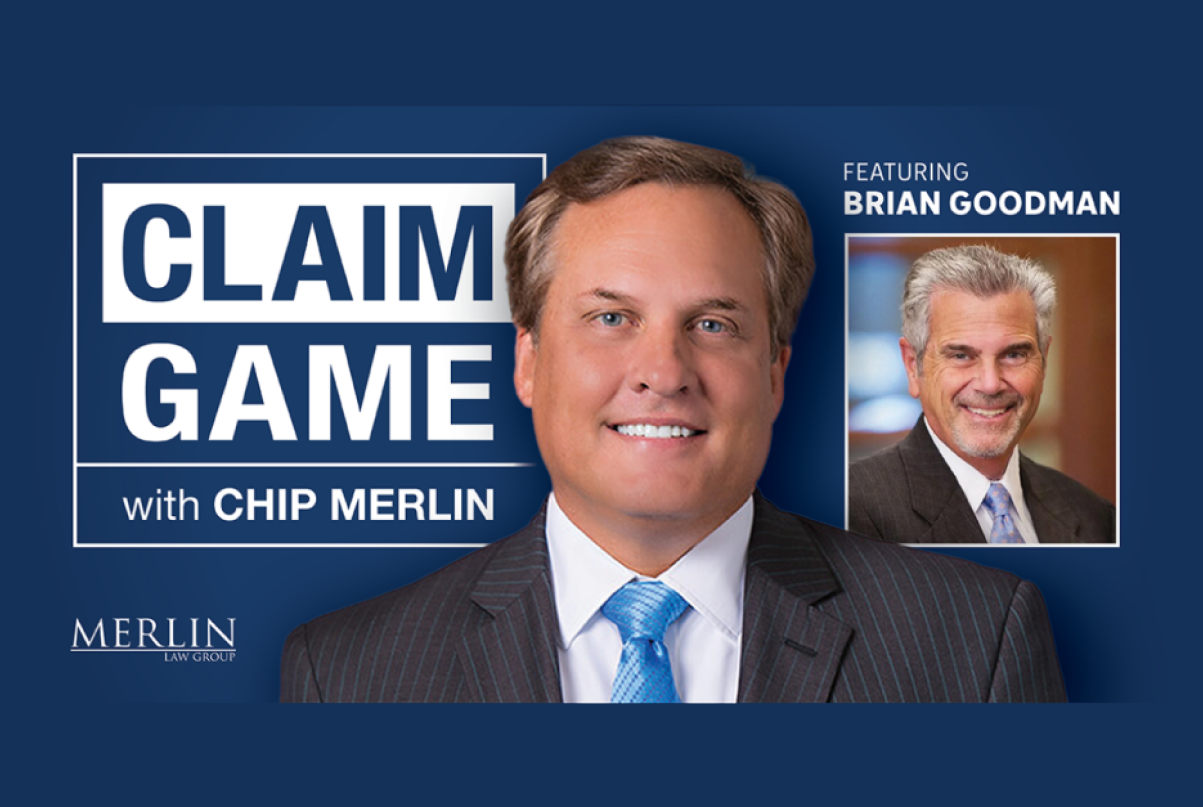I often get calls from potential clients that have filed a claim with their insurance and have been enraged by an insurance agent or adjuster assigned on the claim. Many potential clients say something like “I just wanted to get the claim settled but the adjuster was acting in bad faith and just wouldn’t listen.” Most states have some case law or consumer protection laws that apply to an insurance company, but not all apply to the insurance personnel you deal with. The Supreme Court of Washington will soon decide this issue for members of the Evergreen State.
On February 26, 2019, the Washington Supreme Court heard arguments in Keodalah v. Allstate Insurance Company, et al..1 The insured, Keodalah, suffered catastrophic injuries when his truck was struck by a motorcycle. Keodalah sought the full $25,000 limit of his underinsured motorist coverage with Allstate but the company instead offered to settle for a smaller amount, claiming he had been partially at fault.
Keodalah filed suit against Allstate. In the litigation, the insurance adjuster assigned testified that Keodalah was talking on his cellphone and ran a stop sign. However, the police had determined he was not using his phone and that Allstate’s own accident reconstructionist had determined that he had stopped at the sign. The adjuster later admitted that both reports were true, according to court documents. The jury found that the motorcyclist was solely at fault and awarded Keodalah and his wife more than $100,000.00.
Keodalah then filed a bad faith lawsuit against Allstate and the insurance adjuster individually, claiming violations of the CPA. The trial court dismissed the claims against the adjuster, and Keodalah appealed.
In March of last year, a state appellate court overruled the trial court’s decision2 and found that Keodalah could file an individual bad faith claim against the adjuster, saying that the relevant state law makes no distinction between corporations and individuals. The case is now before the Washington Supreme Court.
Allstate’s arguments are essentially that the relationship of insured and insurer creates the duties and that adjusters don’t have a duty of good faith because they are not a party to the contract. The insurance company also argued that allowing suits against adjusters would deter good adjusters from doing their jobs in fear they may get sued.
Keodalah’s position is that the applicable statute plainly imposes a duty of good faith on insurers and their “representatives,” including adjusters and that the state’s Legislature intended that claims adjusters carry a good-faith duty. Keodalah has argued that the recognition of a bad faith cause of action against individual adjusters would benefit policyholders by deterring adjusters from engaging in wrongful denial or delay tactics in the claim handling stage.
Amicus briefs have been filed by the American Insurance Association, National Association of Mutual Insurance Companies, and Property Casualty Insurers Association of America, and GEICO, along with the Washington State Association for Justice Foundation and the Coalition Against Insurance Fraud. The battle lines have been drawn in Washington with insurance lobby groups and companies on one side and consumer advocacy groups for policyholders on the other and we will await the Washington Supreme Court’s decision.
____________________________________
1 Keodalah v. Allstate Ins. Co., et al., No. 95867-0 (Wash. 2018).
2 Keodalah v. Allstate Ins. Co., 413 P.3d 1059 (Wash App. 2018).



